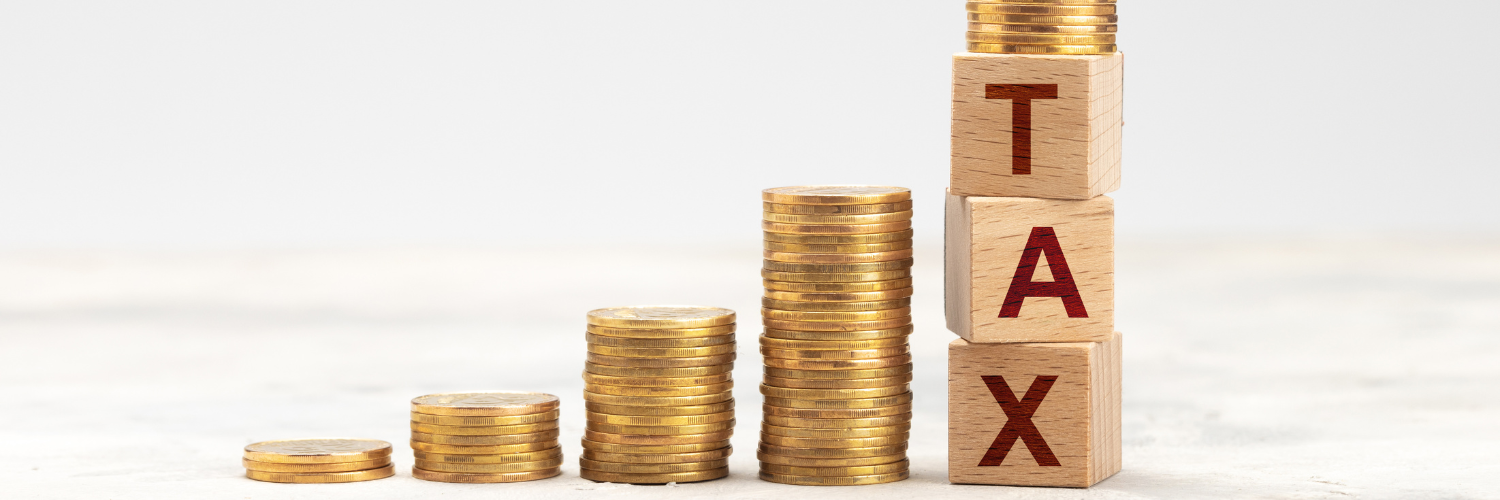Gift Aid presents a beneficial tax incentive for UK taxpayers who donate to registered charities or community amateur sports clubs (CASC) within the UK, but surprisingly few people use it.
Here’s how it works: when a taxpayer donates, the government adds 25% on top of the donation, which is equivalent to the 20% basic rate income tax paid on the donated sum. For instance, a £100 donation effectively becomes £125 for the charity or CASC. However, higher and additional rate taxpayers can also claim back up to 20% or 25% respectively on their donations.
The table below illustrates the impact of Gift Aid on different donation amounts for taxpayers in various income tax bands:
| Original donation (before gift aid) | Total received by charity | 40% taxpayer could claim | 45% taxpayer could claim |
| £100 | £125 | £25 | £31.20 |
| £500 | £625 | £125 | £156.25 |
| £1,000 | £1,250 | £250 | £312.50 |
It’s important to note that tax bands and rates in Scotland differ from the rest of the UK. Scottish taxpayers at intermediate, higher, and additional rates can all claim a rebate, whereas basic rate taxpayers are not eligible for a rebate.
Taxpayers can make claims for Gift Aid through a self-assessment tax return or by requesting a P810 form from HMRC if they don’t typically file a return. Claims can also be backdated for up to four years.
Moreover, Gift Aid can assist taxpayers in navigating tax traps. For instance, individuals affected by the high income child benefit charge (HICBC) or those with earnings above £100,000 can reduce their tax bill by making charity donations and claiming Gift Aid. This strategy effectively lowers the income counted towards tax thresholds.
For example, a higher rate taxpayer donating £780 annually could receive £195 in tax relief from HMRC, reducing the cost of their donation to £585, while the charity still receives £975.
If you’ve missed out on claiming a rebate, you can rectify this by contacting HMRC and providing records of your donations. With tax bands remaining stagnant and more individuals pushed into higher tax rates, the unclaimed Gift Aid figure is likely to be even higher than previously estimated.
Remember to keep records of all of your donations to hand the next time you submit your tax returns.
*The Financial Conduct Authority does note regulate tax planning. Levels, bases of and reliefs from taxation may be subject to change and their value depends on the individual circumstances of the investor.


